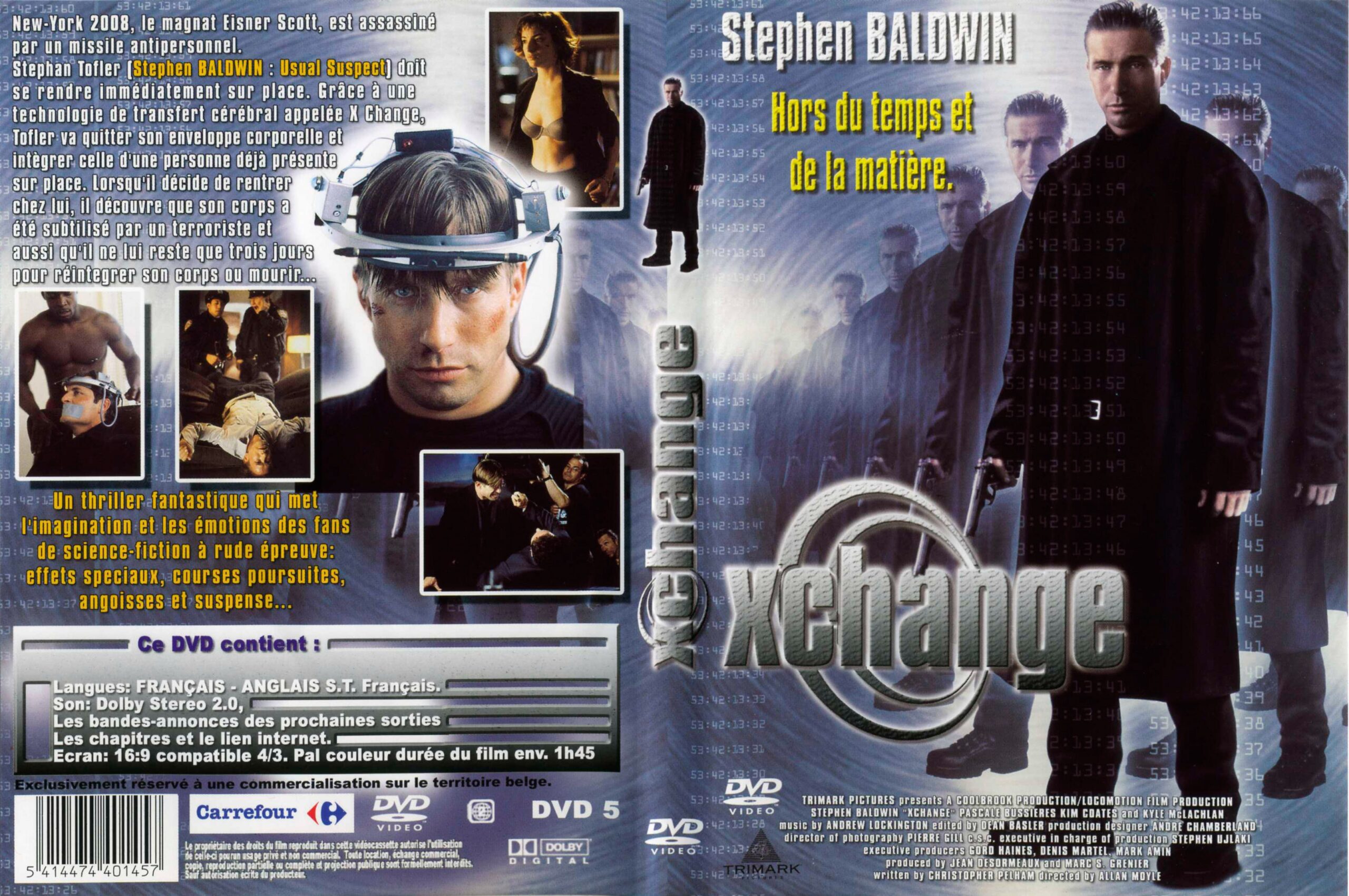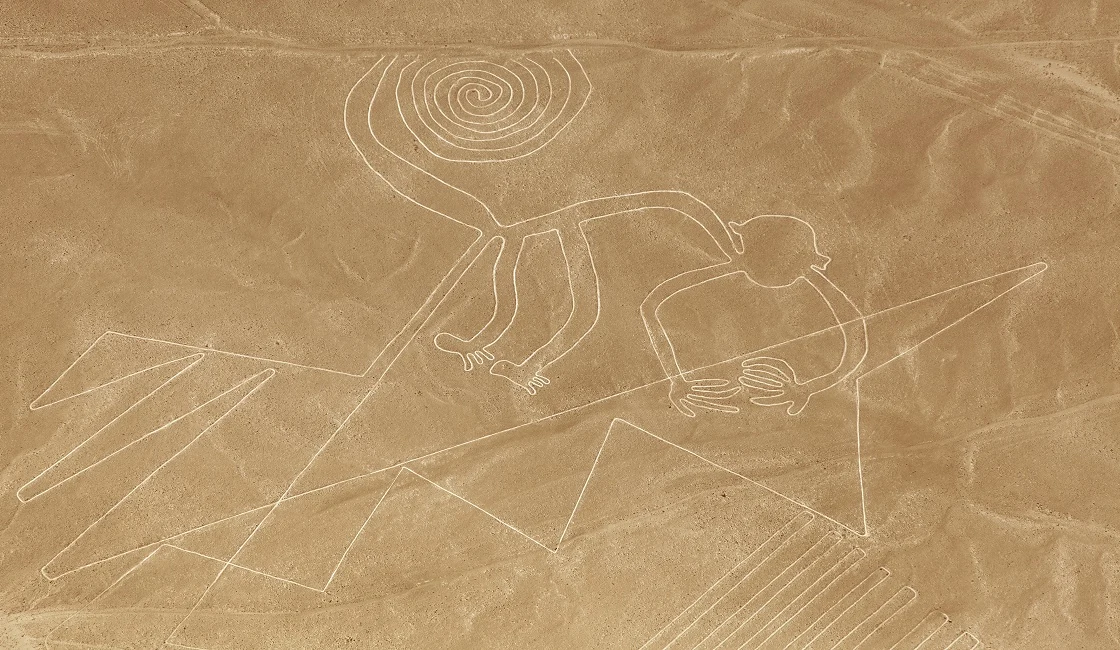
Here’s a nice movie comparison within a genre. I’d watched a cool reaction video for Ghost in the Shell by Dasha, followed up with the similarly themed movie Xchange (2001). It’s one of those low-budget Canadian indie flicks that goes under the radar but nonetheless packs quite a punch.
By Emad Aysha
The movie is nominally cyberpunk, with a corporate-dominated world. Here, people exchange bodies as a speedy means of travel and for recreational purposes, transferring their memories from host to host. When you’re in somebody else’s body, they call you a floater.
Its’ fun but also the perfect way of screwing the working man, since they also download your consciousness into super-strong cloned, ‘temporary’ labourers who only have so many days to live. It shows that technology is meaningless without policy since you must regulate these things right to ensure that businessmen or politicians don’t abuse science.
The world-building of the movie is good. The legal side of floating from one body to another – insurance, drugs, loss or damage to the body – is really cool and quite convincing. (If they lose your body, the host body has to be either impounded or they give you a temporary body on loan). The whole country is a de facto police state, with curfews and companies that specialise in corporate security, giving cool spy gadgetry to protect yourself while on the mean streets.
There’s also a credit rating that determines whether you can pay for a cab or are classified as a vagrant to be handed over to the closest police station; the ID tags themselves are tracked by satellite. It’s all so just around the corner that I’m surprised we haven’t already gotten ourselves into this fix.
The hero’s name is Toffler, which I presume is a reference to Alvin Toffler of Future Shock fame. Still, none of this would matter without the likeable and/or quirky characters, nifty dialogue, and reasonably good acting.

CLOTHES OR THE MAN: An existential scene from 'Ghost in the Shell' (1995). That's what happens when a woman refuses to be a disposable barbie doll!
Then there’s the philosophical stuff to get to. What is it that makes you you? When he’s stuck in one of those clones, the hero says that floating at first is fun and exciting, like wearing a new hat. Then you realise the hat doesn’t fit, no matter how fancy – it’s not you. Then you begin to wonder if there is a 'you' to start with or if it’s just a matter of fashion.
That’s top-notch writing then and there. It doesn’t sound like lecturing. As I have done before, compare and contrast Total Recall (1990) to the 2012 version. In key scenes, the second one sounds like a philosophy seminar, whereas the first is thoroughly organic. Kuato asks Quaid why he wants to remember, and he says to be myself again, so Kuato tells him you are what you do.
Morality makes men, not memories. If you choose to be a good person, you’ll have something worth remembering about yourself—all the right decisions you made and the people you helped. Genius!
That’s what happens to Toffler, a corpse (a sleazy lawyer in his case) who doesn’t care about the underprivileged masses, let alone those in the Third World, then becomes one of those insignificants and wizens up to the cruelties of the system – which disowned him – and sides with his investigative journalist ex-girlfriend who wants to expose the corporation.
Watching this, I also got the strange impression that Blade Runner 2049 (2017) may have been ‘cloned’ from this if you pardon the phrase. There’s a scene where the CEO of Xchange threatens to demote one of her employees by sending him to Indianapolis, and he replies, but it’s radioactive.
Could that be where they got the Las Vegas sequence from? If so, then we’re in real trouble. Big-budget flicks are recycling good ideas from low-budget productions because they can’t think up anything themselves – and doing a lousy job of it, too. Even the worker clones in this movie are more alive than the walking, talking mannequins they have in the Denis Villeneuve flick. And I’m not even talking about the Replicants.
Everyone’s an expressionless painting of a painting. And don’t even get me started on Dune Part One (2021). Memory is a theme in the original Frank Herbert novels, but it doesn’t make it onto the silver screen, catering to the YA audience, I presume, just like 2049 or the new Total Recall. The Kwisatz Haderach is a male Bene Gesserit; he can access the memories the regular priestesses can’t.
Paul’s two kids in the third novel can do even more, thinking their way out of any situation with the help of genetic memories going back thousands of years. Even Lady Jessica has to meet herself when talking to the children since they have her memories in store, too.
It’s a perfect allegory of going backwards to go forwards, but it also poses serious questions about what makes you you. Somehow, I doubt any of this will get severe treatment in the third Dune movie. (Or is that Dune 2.5?)
The advantage of low-budget indie flicks is you’re spending money where it’s called for, on creatives doing world-building and plotting instead of dishing out most of your financial reserves on spoilt brat actors.
Hell, even Toffler’s house computer, named George, has more personality (and intelligence) than Timothée Chalamet and Ryan Gosling, let alone the scriptwriters they hire nowadays. Maybe they could use all those labour-saving technologies in Xchange in the real world.
Dump the personality of a proper theatre actor into the overly attractive body of an overrated actor, or clone scriptwriters and download personalities in mass from the few talented writers out there and pay them several times over for each body?
Again, there is a need for policy to force Hollywood execs into somebody else’s shoes lower down the corporate ladder to make the world a more entertaining place!






